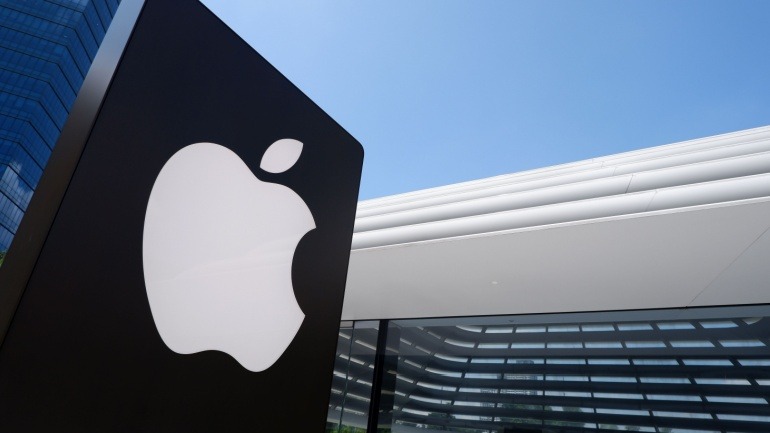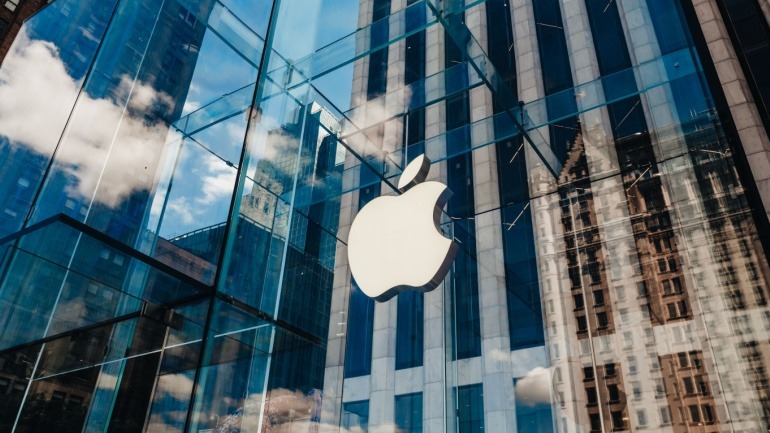In response to a sudden hike in import taxes, Apple has flown five cargo plane loads of products from India to the United States, attempting to sidestep steep new tariffs introduced by President Trump. The Times of India reports that while the prior import tax from India stood at 10%, Trump’s latest policy pushes that figure to 26%. For a company selling iPhones at around $1,000 each, the financial stakes are massive.
Ordinarily, global shipments are done by sea to cut costs, but Apple’s choice to switch to air freight suggests growing urgency. This costly move reflects the unpredictability US companies face amid ongoing trade tensions. Previously, there had been a notable shift in manufacturing from China and Southeast Asia to India, thanks to India’s lower tariffs. Still, many firms are unlikely to commit to major production changes while the economic and political outlook remains so uncertain.
Manufacturers require months to adapt to new production demands, and Apple, like others, is wary of making long-term decisions that could be upended by sudden policy reversals. For now, the air freight industry may see short-term gains, serving companies desperate to limit their tariff exposure.
Consumers are already feeling the effects. Bloomberg reports a surge in traffic at Apple Stores, with many shoppers asking about potential price hikes. Sales staff, working on commission, likely did little to calm those fears. Although this brief sales bump may have helped momentarily, it’s little comfort to shareholders—Apple’s stock dropped 17.5% last week.
Meanwhile, other tech firms are also feeling the heat. PC-maker Framework has pulled some of its lower-cost items from the market, as tariffs make them unprofitable. These early impacts hint at more challenges ahead for US businesses caught in the tariff crossfire.







